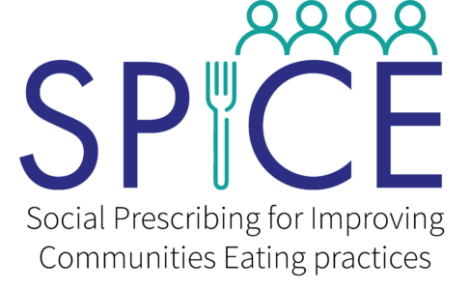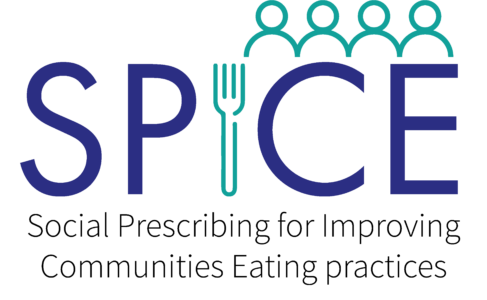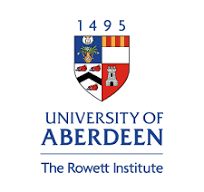
Adults and children living on a low income are more likely to be overweight or obese in Scotland than those living in less deprived circumstances. It has been estimated by the UK Food Foundation that the poorest fifth of Britain’s population would have to spend 47% of their household income (after housing costs) to purchase food that meets Government recommendations for a healthy diet. In light of this, the costs associated with a healthy diet have been linked to weight gain in poorer households. In the past two decades, a range of different programmes and approaches have been introduced to encourage and enable poor households to improve dietary intake with limited success.
Our 5-year research programme is a collaboration involving the Rowett Institute, the University of Aberdeen, the University of Stirling, Robert Gordon University, and Aberdeen City Council Health and Social Care Partnership. The overall aim is to explore the potential of social prescribing in connecting low-income clients with an expanded range of supports including community food programmes to help improve the range and quality of food consumed at home. Our research focus is located within Aberdeen City where social prescribing has been implemented with the support of the link practitioner programme for the last 5 years. This Scottish Government funded research has been undertaken to inform policy and practice associated with weight management programmes targeting deprived populations, and to address dietary inequalities in low-income groups more generally.
Social prescribing is a means for health professionals to refer people to a range of local, non-clinical services to improve health and well-being. The referrals generally, but not exclusively, come from professionals working in primary care settings, such as GPs or practice nurses.
There are various social prescribing models, with different referral routes. Many involve people being referred to a link practitioner, who considers their needs and then “prescribes” or links them to appropriate local support services or resources, typically provided by voluntary and community sector organisations. A “social prescription” can be, for example, a referral to a walking group, an emotional support group, a befriending service, housing advice, a cookery class, gardening or art activities.
Social prescribing schemes have mainly focused on improving mental health and physical well-being, generally targeting people from lower-income communities who have a higher risk of suboptimal nutrition and mental health difficulties. Therefore, social prescribing could provide a promising platform to support improved eating practices in their client households, a potential currently under-realised.
The SPICE Project has two main aims:
- Find out what community initiatives are currently running in Aberdeen city that are intended to support positive changes to food practices for low-income households and map out the content of these initiatives.
- Take the best parts from these existing initiatives and combine them with elements that we know (a) are helpful when we want people to change their behaviour and (b) the community wants. We will use all of this to create a tool for social prescribers that can be used to support people in making positive changes to their diet.
View the SPICE Project aims diagram and more on the team here.
One of the project’s objectives was to understand better how the social prescribing service works in practice and to explore the decision-making approaches used by link practitioners, particularly around food and physical activity practices. In the poster, we will present findings from the interviews conducted with sixteen link practitioners from Aberdeen, which provide insight into the practical reality of making social prescription decisions and have the potential to inform training and evaluation processes and support the development of Social Prescribing interventions. The findings indicate that social prescribing is a potentially promising platform through which to offer healthy eating interventions, in complement of other non-clinical services based on individual needs, to encourage dietary changes in populations who do not tend to engage well with current dietary behaviour interventions. However, there is a need for joint action of health, social and third sectors for building and optimising healthy lifestyle community resources.
For more information on this research you can follow @SPICEAberdeen or visit the website.
Blog written by Dr Oana Petre, Research fellow, Rowett Institute, University of Aberdeen. SPICE (Rowett Institute) are finalists in the VHS 2023 Annual Poster Competition. View the poster entry here.


